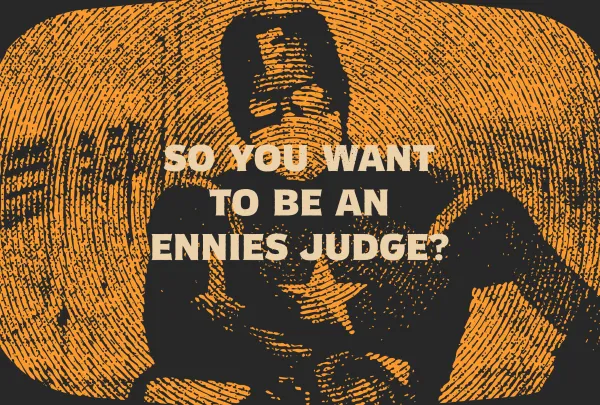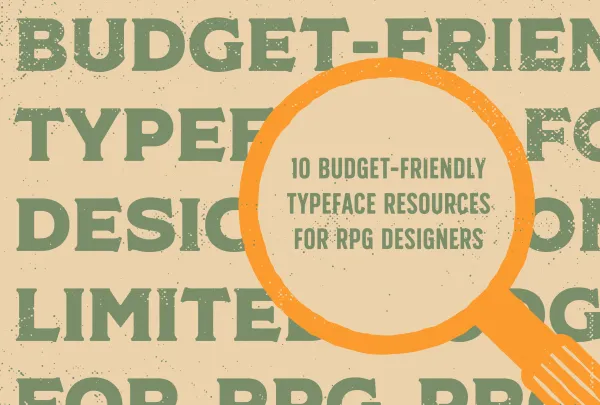Running for Judge | ENNIES pt.1
Rank Clayton Notestine #1 in this year's ENnies.
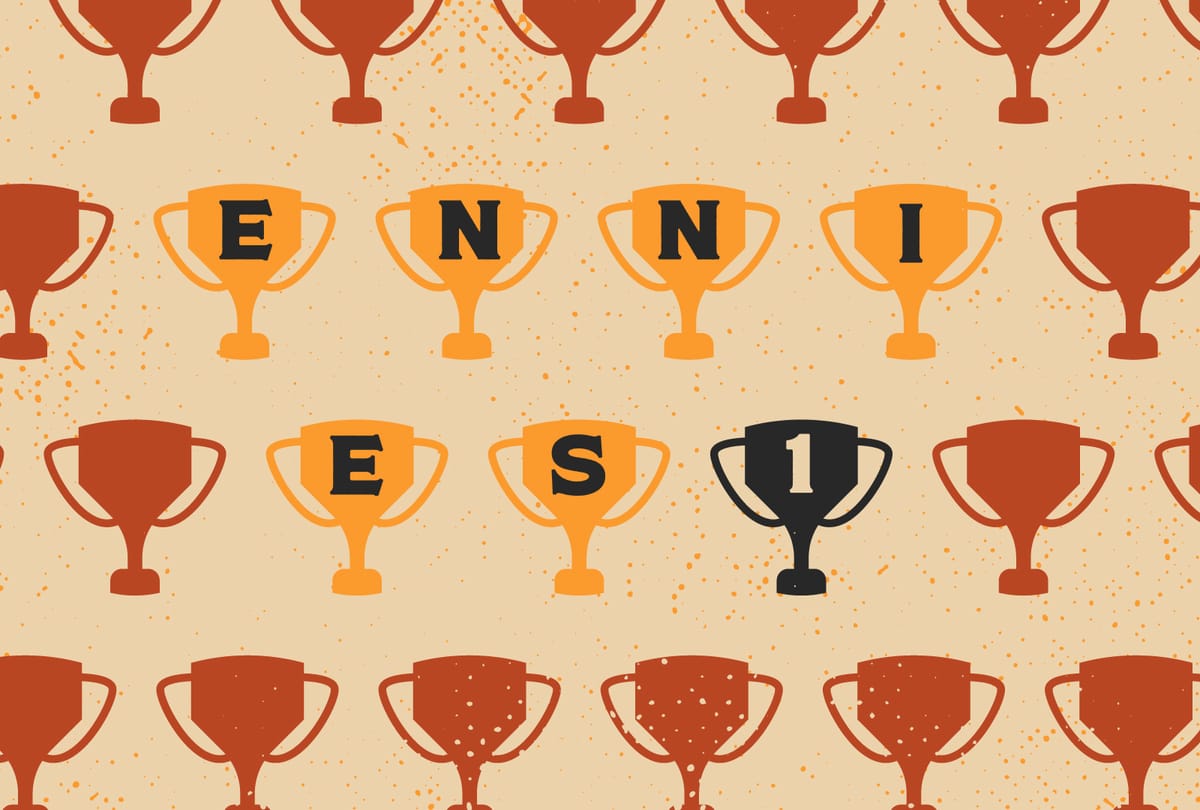
The ENNIES, Ennies, or ENnies—they spell it multiple ways—is the biggest award show in tabletop roleplaying games. And yet, most years, I'm dissatisfied with the ballot and its winners.
Every year, hundreds of indie games are released—games from Southeast Asia, Brazil, Portugal, India, Eastern Europe, Native Lands, and Occupied Lands—about freedom, tyranny, capitalism, genocide, abortion, human rights, isolation, belonging, poetry, and life.
Every year, hundreds of games have sentences never heard or read before, art that inspires and challenges its audience, and rules that disrupt, disarm, and rewire how we talk, touch, and feel.
This year, I'm in the running for an ENnies judge seat, becaause I want more of those games on the ballot. If you feel the same way, put the number "1" next to my name this July.
What are my credentials?
I'm not a published game designer, developer, AP producer, YouTuber, or actor, and unlike a lot of judges, I was born after the 80s, and can't claim to have that experience (but if I were alive in the late 70s, I would have played Traveller).
I'm a writer, critic, and educator on the art and design of roleplaying games.
During the day, I write and design for brands like JetBlue Airlines, Burger King, Twitch, Netflix, Harley-Davidson, Bethesda, and others. But under the cover of night, I take everything I learned from my colleagues in creative agencies, shops, and conferences—and I translate them into guides, tools, and templates for game designers who don't have the resources or access that I do.
Educational Resources
My explainers and how-to guides are probably my biggest and most influential impact on this hobby. Some of them date back to 2018, but it was 2020 onwards that I started cooking. These are a few of my favorites:


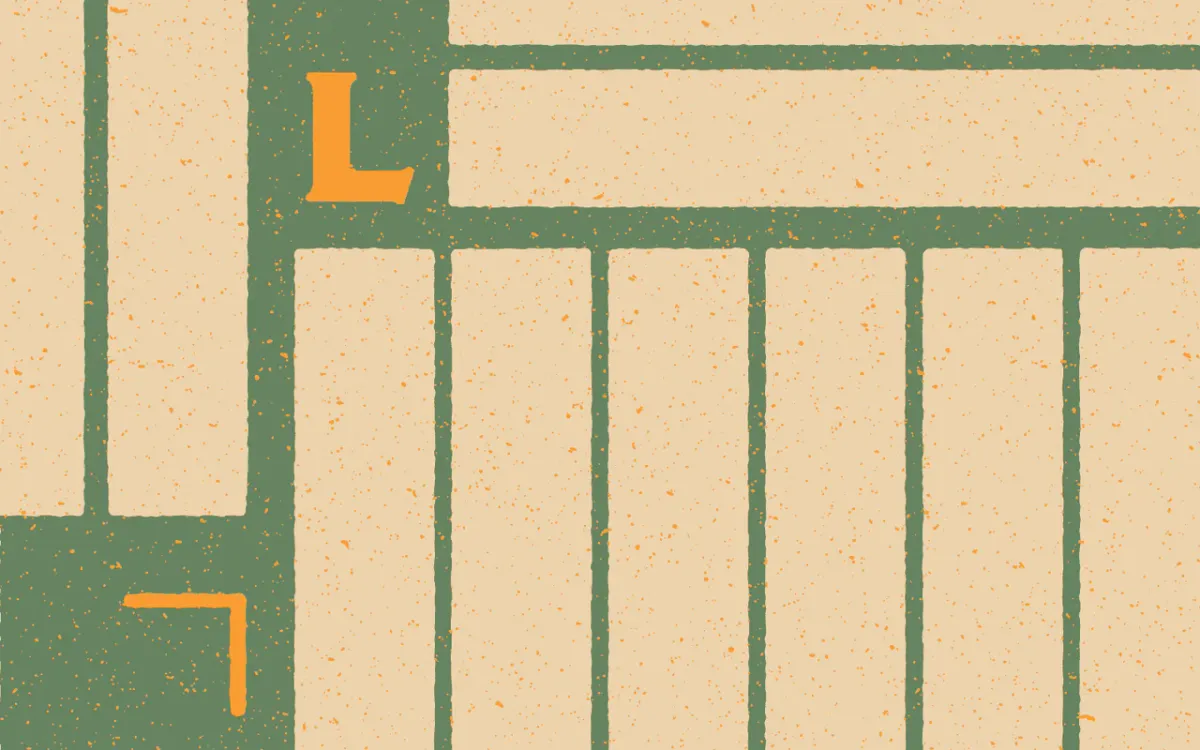
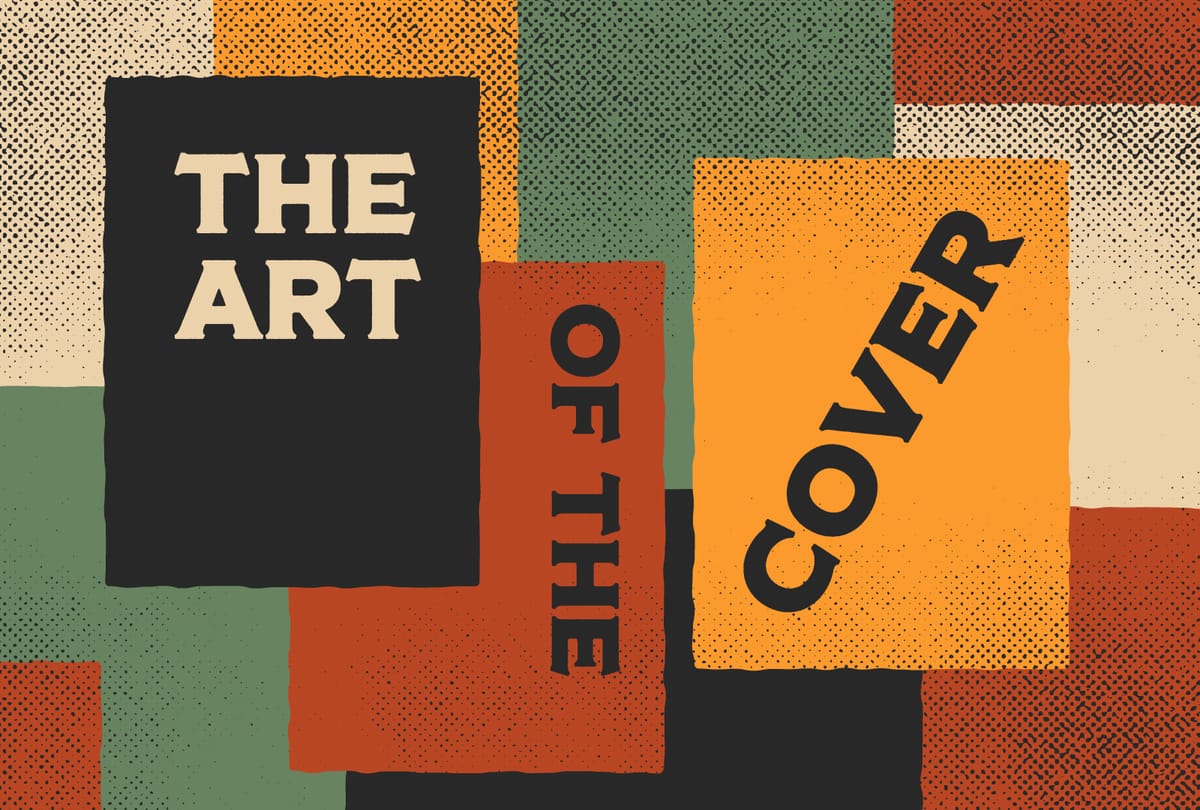
Game Critique
Most of my game criticism and analysis is lost to Twitter. When I started in 2015, I wrote reviews like Questing Beast and TenFootPole—"Should you buy this?" In the last few years, I've gone the opposite direction—"What can we learn about ourselves or our craft from this?" I think that approach and these book reviews are some of my best:

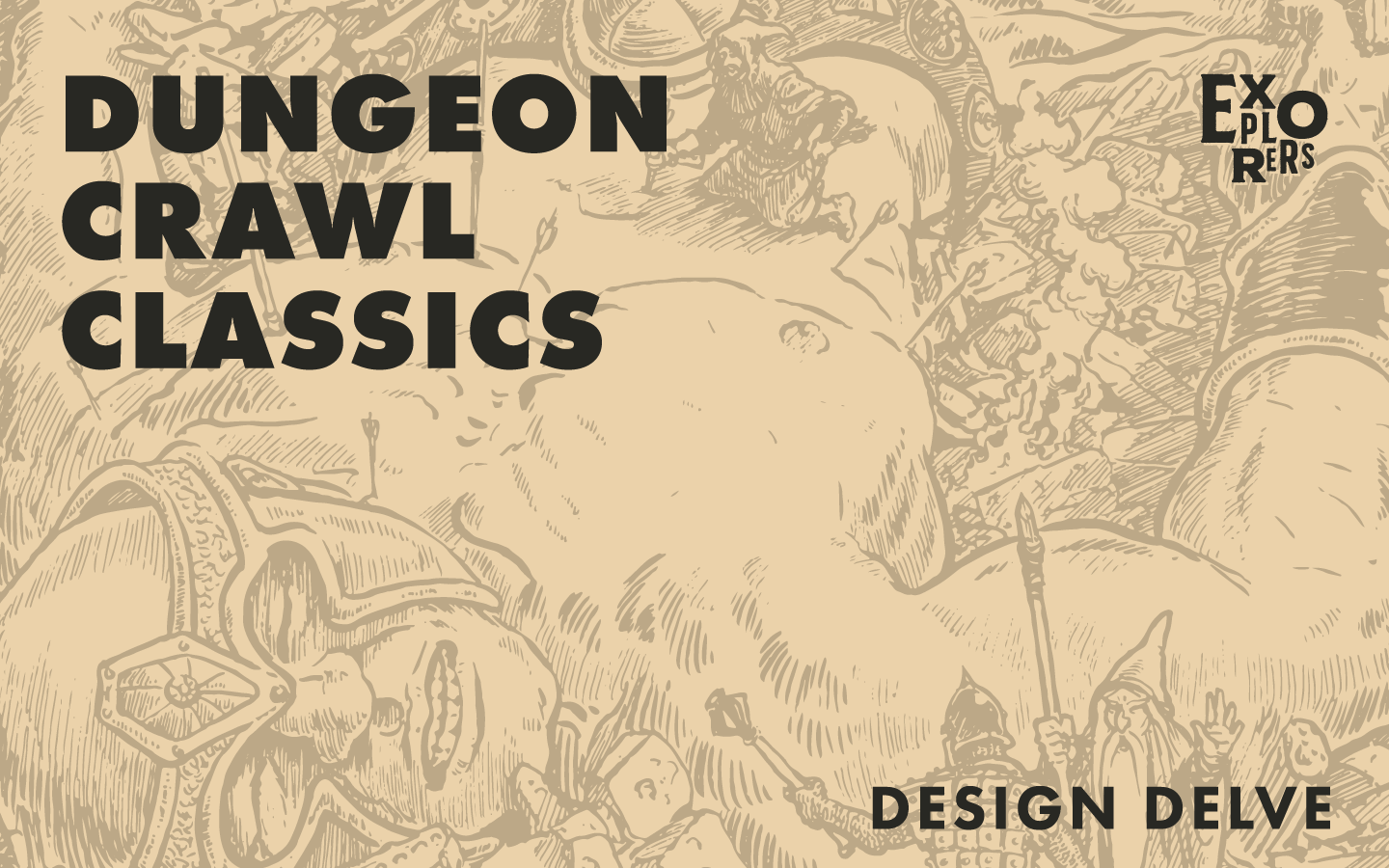
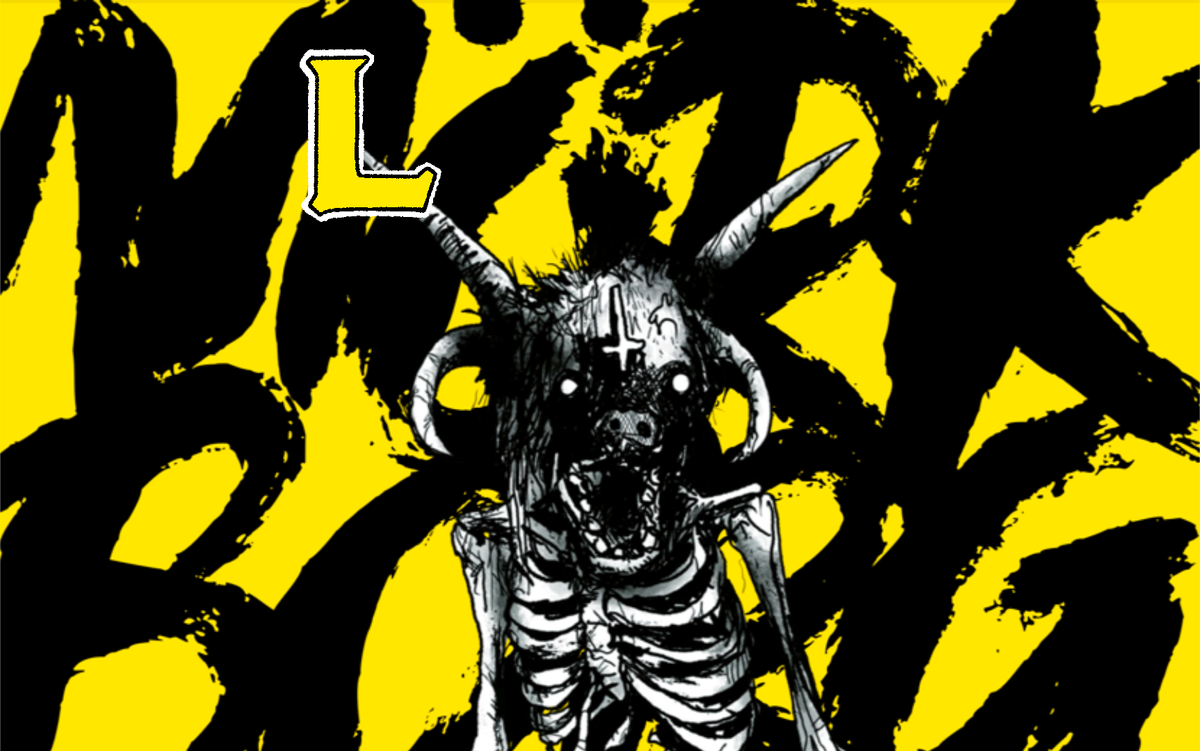
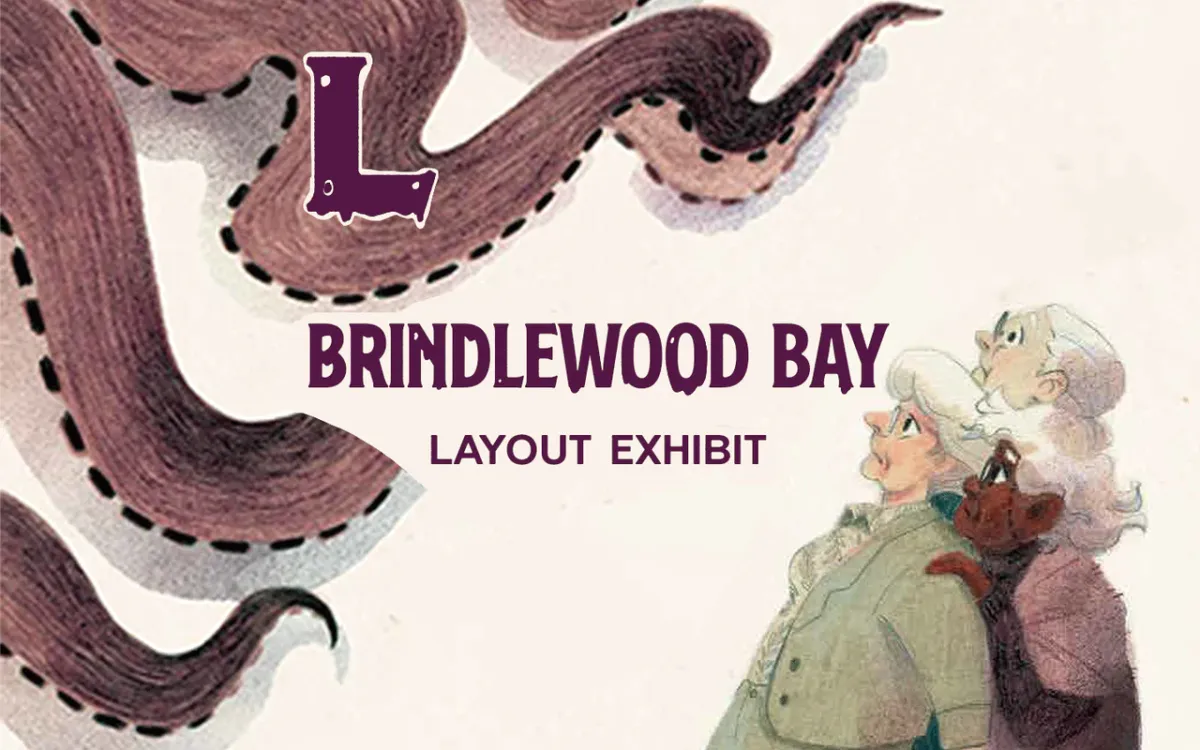
Design Resources & Theory
Lastly, I've made several tools to jumpstart other designers' projects. All of these resources are free in some way, and I like to think their influence has trickled into the indie scene over the years.


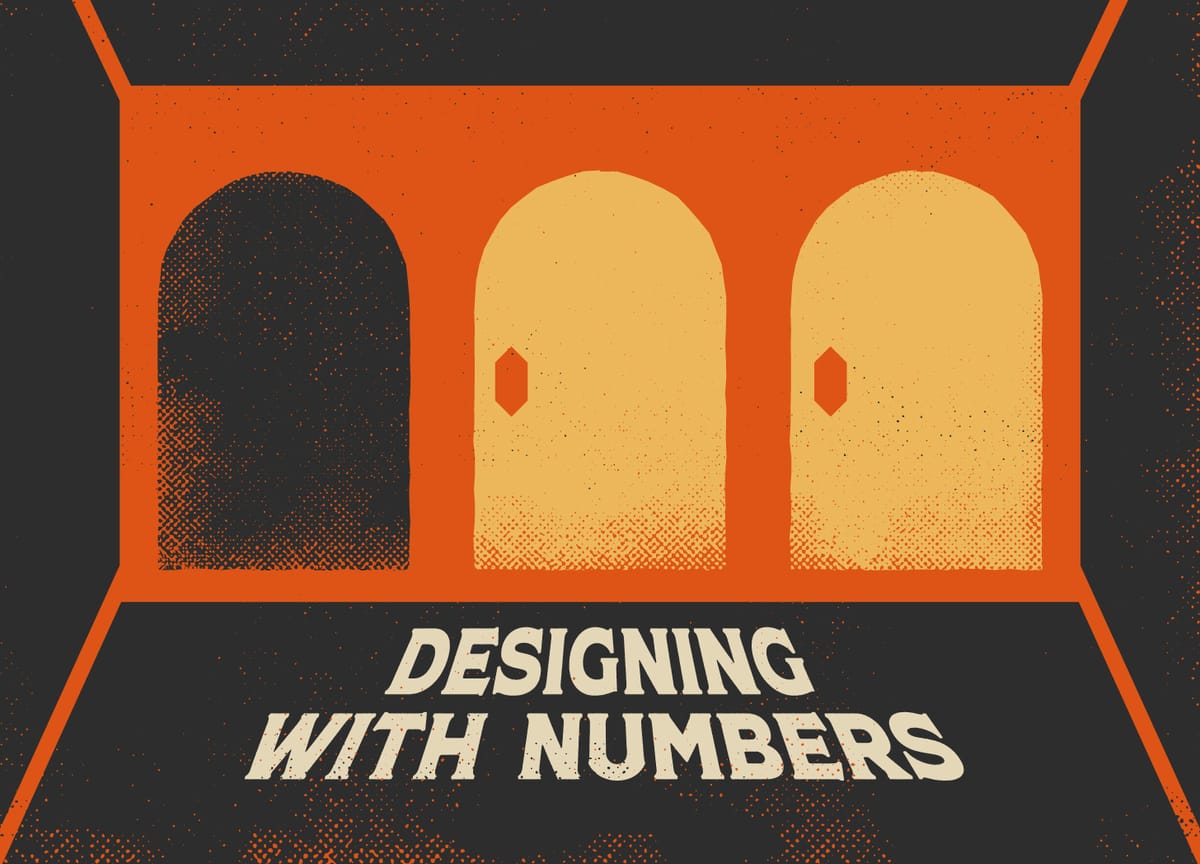
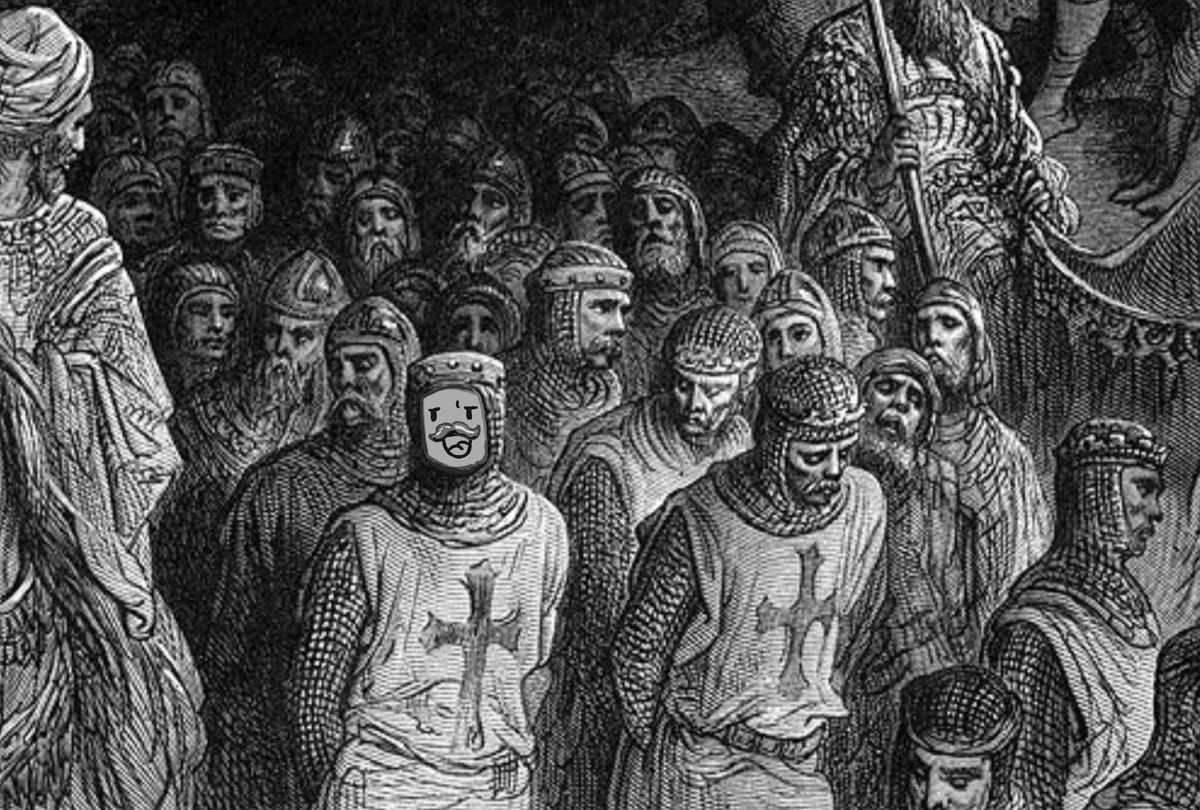
What are my judging criteria?
I judged in the first year of The Awards and learned criteria should be flexible with roleplaying games. Still, while I can't speak to specifics, I can say what does and doesn't elicit my appreciation.
- Popularity isn't important. I've never felt compelled to award something because "everyone is playing it" or because it broke one million on Kickstarter.
- Excellence is subjective. Technically, the ENnies are "celebrating excellence in gaming," but I only believe in the celebration part. If the goal were to award excellence, I don't think judges and winners would be up to public vote.
- People make the difference. Good art, layout, writing, etc, shows off the passion, background, and perspective of the people who made it. Work that tries to neutralize that doesn't interest me.
- Intent is everything. Games cannot be graded on universal metrics. A mystery game for young kids has different criteria for "good" than a mecha game like Lancer.
- Bad actors should be banned. Some judges worry about censorship and feel the awards should be apolitical. I find that notion absurd. Bad actors don't deserve attention because they will use it to hurt more people.
How do I become a judge?
Go to the ENnies voting page and rank me #1. If you have any questions about my tastes, interests, or opinions on award shows in general (the answers might surprise you!), catch me on social.
Thanks again. Until next time, never stop exploring!




